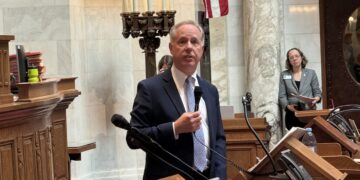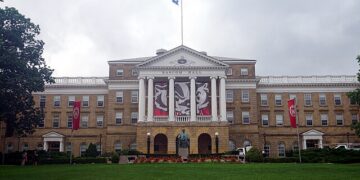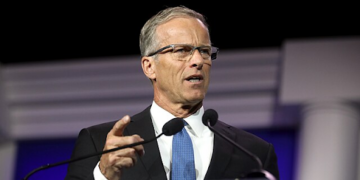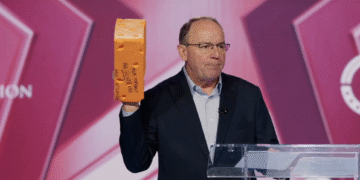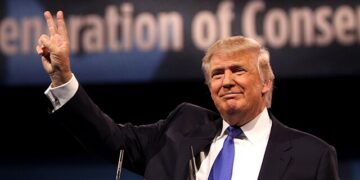The Appeal of Skilled Trades Over College
Interest in skilled trades is on the rise, with nine in ten graduates believing that learning a trade provides a better pathway to financial security than pursuing a college degree. This sentiment has gained traction as the cost of higher education balloons and students face the prospect of substantial debt without guaranteed job prospects.
Less Students Are Going to College
Four years after the Covid-19 pandemic began, over 900,000 fewer undergraduates are enrolled in college. The pandemic magnified many of the flaws in higher education, particularly the unsustainable rise in student loan debt. Peter Thiel, a critic of the student loan system, noted that in 2000, student debt was $300 billion, and today it has swelled to nearly $2 trillion. With no reforms in sight, universities continue to charge exorbitant tuition, knowing that taxpayer bailouts or lenient policies prevent them from facing any financial repercussions.
Skilled Trades Offer Flexibility and Security
A Bloomberg survey revealed that almost half of young adults are now considering careers in skilled trades. These roles offer cheaper and shorter educational pathways, significantly reducing the need for massive student loans. Notably, skilled trades provide financial security and flexibility, with four in five respondents citing the ability to set their own hours and be their own boss as major benefits. Additionally, trades are less vulnerable to displacement by artificial intelligence, which further fuels optimism in the industry.
The Future of Higher Education
As the appeal of skilled trades grows, questions arise about the future of higher education. Without significant changes, the student loan bubble will only continue to inflate, pushing more young people away from traditional colleges and toward practical, financially secure alternatives.
Peter Thiel’s Views on Debt Forgiveness
Peter Thiel, cofounder of Palantir ($PLTR), has expressed support for student loan debt forgiveness, but with a significant caveat: universities and bondholders, not taxpayers, should be responsible for the repayment. Speaking at the All-In Podcast Summit 2024, Thiel acknowledged that many students were misled by the system and deserved relief. However, he likened the current approach to “cutting off your thumb to lose weight”—a drastic measure with unintended consequences, arguing that structural reforms are necessary.
Peter Thiel emphasized that universities must have “skin in the game” when it comes to student loan debt forgiveness. Without this, he argues, universities have no incentive to change their practices and will continue to increase prices. Thiel believes that holding institutions accountable is key to preventing them from exploiting students and taxpayers by charging higher tuition while expecting debt forgiveness programs to absorb the financial burden.
Thiel’s Critique of Higher Education
Thiel has long positioned himself as a critic of higher education, labeling it a “bubble” akin to the 2008 financial crisis. His warnings about student debt, which stood at $300 billion in 2000 but has since ballooned to nearly $2 trillion, reflect his broader concerns about economic instability. He contends that the traditional college route fails to prepare young people for the modern economy and instead saddles them with burdensome loans. This perspective led him to create the Thiel Fellowship, a program that offers $100,000 to young entrepreneurs who opt out of college to pursue their ventures—a bold challenge to the long-standing belief that a degree is the key to success.


